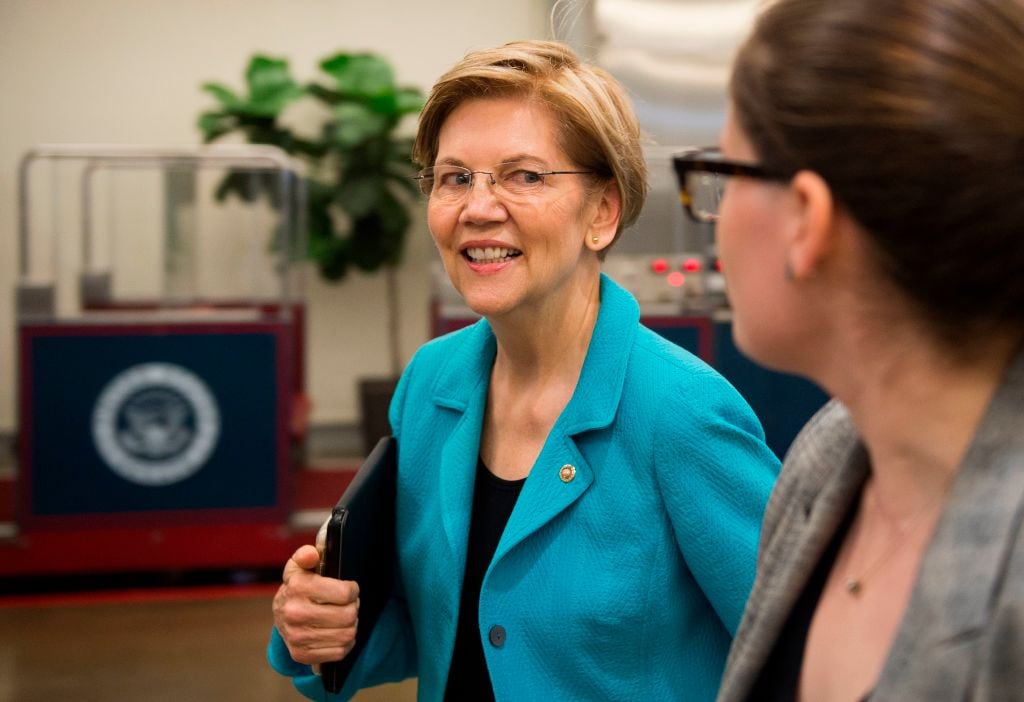COLOGNE, Germany — As NATO members respond to the coronavirus, individually and collectively, officials in Brussels have begun cataloging lessons learned for the next pandemic.
The goal is to find ways of turning the current crisis into something of a teachable moment, fusing COVID-19 improvisation with Cold War-era plans that have largely laid dormant for decades.
For now, there are still more questions than answers after NATO defense ministers commissioned the review in mid-April, as announced by Secretary General Jens Stoltenberg. Since then, the key term kicked around in alliance circles is “resilience” — a reference to the ability to absorb major shocks while upholding the promise of collective security.
“The military has been tasked with quite a lot in the past weeks,” Camille Grand, NATO’s assistant secretary general for defense investment, told Defense News in an interview. “What does that tell us in terms of defense planning, in terms of capabilities? Is it useful to put more focus on capabilities that can be useful in a pandemic? Do we need some sort of planning associated with that, collectively as an alliance?”
NATO was built on the premise of being able to outlast the Soviet Union in the aftermath of a catastrophic war, with detailed plans for the military to prop civil societies recovering from the brink of destruction. The novel coronavirus has, in some ways, reinvigorated the alliance’s interest in such scenarios.
“Resilience is an important part of what NATO is doing,” Stoltenberg said on the eve of the April 15 defense ministers' online meeting. “It's actually enshrined in Article 3 of our treaty, that national resilience is a NATO responsibility. We have baseline requirements, guidelines for national resilience, including health and dealing with mass casualties.”
On the table are questions ranging from the ability of decision-makers to work under the types of social distancing restrictions in place now, to incentivizing members nations to stockpile vital equipment, said Grand.
“We're in a health crisis, not in a military one. But it gives NATO a chance to check how well it can operate under degraded conditions, for example in Iraq, the Baltic region, Afghanistan or the Middle East,” he said.
RELATED

While the alliance’s past may hold ideas for improved contingency planning, the direction of military funding seems to be the greater unknown.
Member states are expected to take economic hits as a lot of business activity has remained frozen for months. The effect of such a downturn on defense spending has been the topic of several studies by European national security-minded think tanks in recent weeks.
While some have speculated that states with gross domestic product in free fall would more easily be able to hit the alliance’s spending target of 2 percent, for better or for worse, the actual effect may be less severe.
Torben Schütz, an analyst with the Berlin-based German Council on Foreign Relations, argues the projected decrease in economic activity, coupled with the lag time for military spending to adjust, won’t be significant enough to make much of a difference in relative spending anytime soon.
“Even economically grave decreases in GDPs have only limited impact on defense spending as a share of GDP,” he wrote on Twitter, predicting that only a “handful” of additional member states would reach the 2 percent target in 2020.
At NATO, some might see the much-criticized relative spending objective vindicated in times like this.
“The 2 percent target remains, and I don’t see any reason for challenging that,” Grand told Defense News. “We are of course fully aware that nations will face tough fiscal choices. But at the end of the day, moving 0.5 percent of GDP in favor or against defense spending is not going to dramatically change the fiscal situation.”
With defense spending cuts expected to vary considerably among nations, NATO officials have argued that threats to the alliance have remained the same, prompted primarily by Russia’s annexation of Crimea from Ukraine in 2014.
That is a major factor expected to work against the reflex to cut the military, as compared with the 2008 financial crisis that saw defense spending decimated because it was considered more expendable, said Grand.
“I don’t want to sound too optimistic, but I neither foresee nor take for granted that we will see a dramatic shift in the priorities against defense spending,” he added.
Sebastian Sprenger is associate editor for Europe at Defense News, reporting on the state of the defense market in the region, and on U.S.-Europe cooperation and multi-national investments in defense and global security. Previously he served as managing editor for Defense News. He is based in Cologne, Germany.







